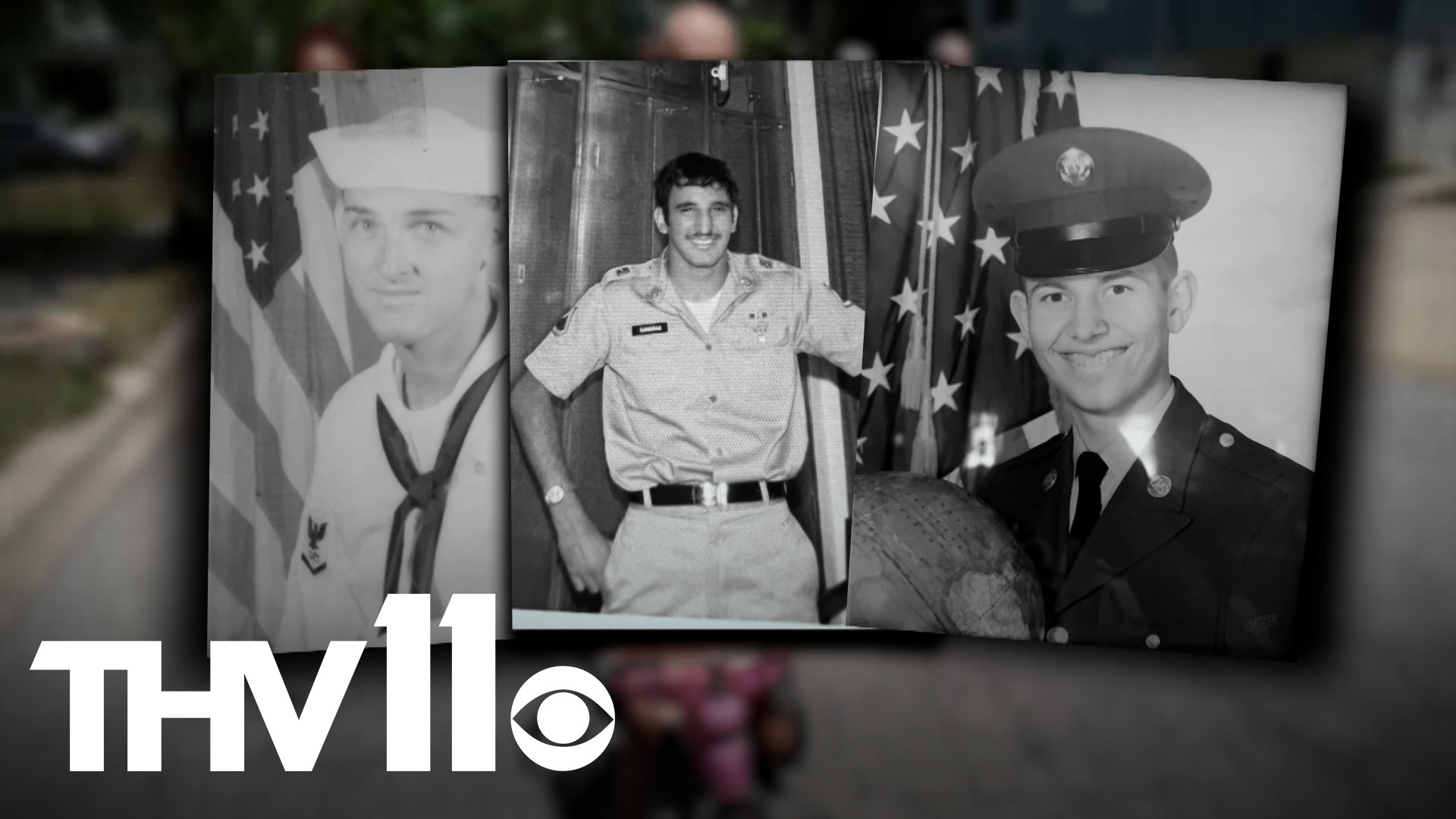BALTIMORE — About 1 in 7 senior citizens are veterans, and many of them arrive at this chapter of life — facing a challenge to get the care they need. Now, the Department of Veterans Affairs is exploring a way to help.
It's an approach that relies on the time-honored idea of "there's no place like home."
It's an average day as Shantel Cross and her two kids set three extra places for dinner. The guests, Charles McCoubrey, Peter Samaras, and Ekkehard Thies couldn't be happier to have a seat at the table.
"I like living here," Thies said.
The three men are part of what's called the Medical Foster Home Program.
It's an innovative approach to an old problem: taking care of veterans who need extra care later in life
We talked to the men and asked them the key differences between being a part of the program as opposed to living in a nursing facility. The key difference? Family.
"It's nice here [at the Medical Foster Home Program]," Samaras said. "Being in a nursing home, they just throw you away. They ignore you. But here we're like part of the family.
All three men served in the military in the late 60s and early 70s - McCoubrey in the navy while Samaras and Thies were in the army - which is the subject of some good natured joking in their home.
Shantel Cross's career began in a nursing home, but she realized she could provide a more comfortable environment in her home. Medical professionals and social workers visit the vets. Cross also takes them to services outside the home.
"The daycare center they go to is wonderful," Cross said. "We take the guys out to the mall. Let them do some walking. Somebody might want coffee. We get them ice cream."
"Our caregivers treat the veterans as their own family," said Dayna Cooper, the VA's director of home and community care. Cooper oversees the medical foster home program.
According to Cooper, the caregivers have to live in the home with the veteran -- it's there where they see the family bond and relationship grow.
"I believe that every veteran has a right to remain and age in a place and be with people who surround them with love," Cooper said.
Almost half of the veteran population is 65 and over. Nursing homes can cost over $100,000 per year out of pocket. The medical foster program costs veterans less than half that.
Caregivers receive on average $2,800 per month from each veteran living in their home.
We asked Cross about the experience and what she gets out of being a part of the program.
"A lot," Cross said. "It gives me a peace of mind to know that I'm able to help others and give back. I love helping others and I love giving back."
The program began in 2002 in Arkansas, Florida and Puerto Rico. Today, it's found in 47 states where over 700 veterans receive home care from approximately 500 caregivers.
As for how long Cross sees herself doing this? Well, she doesn't plan on stopping any time soon.
"Forever. I never want to stop," Cross said.
Any veteran enrolled in the VA system is eligible for this program -- a program that serves as a powerful reminder about the healing power of home.

